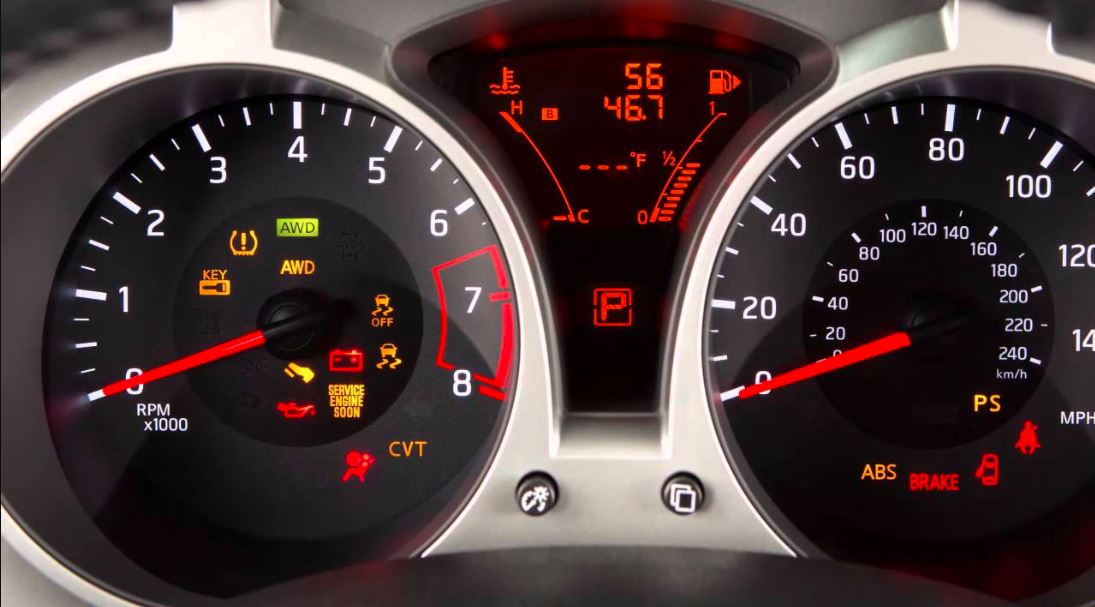Why You Shouldn’t Ignore Your Warning Lights of Car

When a warning light pops up on your car’s dashboard, it’s trying to tell you something important. But with our busy lives, we just ignore it and hope the problem goes away on its own.
Those warning lights are there for a good reason. Ignoring them risks more serious and expensive damage down the road.
In this article, we’ll go over why you should never ignore your car’s warning lights and how to respond appropriately when they appear.
The Purpose of Warning Lights
Warning lights in your car serve an important safety purpose. They alert you when one of your vehicle’s key systems may be malfunctioning.
This could range from low fluid levels, overheating engines, brake issues, or battery problems. Catching these early on can prevent breakdowns or even dangerous situations later.
Once a warning light is illuminated, it means there’s likely a real issue happening under the hood. These problems won’t fix themselves if left alone.
That’s why it’s critical to respond to warning lights right away and diagnose the underlying problem.
Benefits of Responding to Warning Lights of Car
- Prevent breakdowns: Catching minor issues early before they escalate prevents dealing with major breakdowns later on. It’s much easier to address low fluid levels than a seized engine!
- Avoid dangerous situations: Ignoring problem signs can lead to unsafe conditions while driving. Getting warning light problems checked prevents safety hazards for you and other motorists if systems were to completely fail.
- Minimize costs: Small repairs upfront are almost always cheaper than leaving issues alone to compound. A $100 diagnostic and minor fix is preferable to a $2,000 engine overhaul! Addressing problems early reduces how much you’ll pay overall.
- Identify other hidden issues: When mechanics dive into diagnosing a warning light, they may uncover additional issues you didn’t know about. Worn belts, bad sensors, corroded batteries – these may go undetected if you don’t first come in for that initial warning light. Diagnosing warning lights can pinpoint multiple problems.
- Prioritize severity: Multiple warning lights make it hard to know what to address first. Seeing a mechanic right away allows you to prioritize what needs immediate attention even if other issues are also present. They can accurately judge the severity and determine what requires action now or can wait a bit.
- Learn preventative care: Mechanics don’t just fix immediate issues, they teach you a bit about car care in the process. As they explain warning light causes and effects, you learn more about how to extend your car’s life through your maintenance habits. This knowledge empowers your future care decisions.
Paying attention to even seemingly minor warning lights can have big protective benefits for your vehicle. Respect the preventative purpose they serve!
Being proactive saves you money, keeps you safe, and helps your car last many more miles.
Some Tips About Car Warning Lights
Don’t Drive Around to “See If It Goes Away”
It can be tempting to think you can drive around a bit to see if the warning light turns off on its own. But this is risky thinking.
Warning lights signify real issues happening under the hood that need addressing. Driving too long with a warning light on can allow problems to escalate. You must go to Car Mechanic to completely diagnose the issue of your car.
Get Professional Diagnostics
DIY repairs seem appealing when money is tight. But without proper automotive training, most drivers cannot accurately diagnose many issues signaled by warning lights.
You could overlook a deeper problem or even make repairs that don’t properly address the real culprit. Instead, take your vehicle to a trusted mechanic, especially for critical systems like brakes, engine performance, or transmission.
They have the expertise and technology to diagnose even complicated issues that may underlie a basic warning light. Paying for thorough diagnostics upfront can uncover more serious issues before they balloon into costly repairs down the road. Think of it as a worthwhile investment into your vehicle’s long-term health.
Don’t Reset Warning Lights Without Fixing the Problem First
Many modern vehicles let you temporarily clear “check engine” warning lights or reset engine monitoring systems. However, this does NOT mean the underlying problem is fixed – it only erases the symptom of a warning light.
Only once a mechanic has addressed the real mechanical or electrical issue should you reset a warning light. Otherwise, you’re simply masking a problem that will resurface later.
Resetting lights prematurely risks ignoring problems until more damage is done.
Also Read : What to Do When Your Car Breaks Down on the Road
Conclusion
Your car’s intricate systems of sensors and computers illuminate warning lights for good reason – never ignore them! Use your owner’s manual to understand what each light means on your vehicle model and respond promptly.
Resist the temptation to drive around hoping the light fixes itself; have a mechanic properly diagnose the issue instead.
With early attention and competent repairs, you can clear up minor issues before they cascade into major repair headaches down the road.
Respect what those warning lights signify, and take action when they appear. Your vehicle’s longevity and your safety on the road depend on it!
If you need any professional services then you can contact Caracrepairdubai.com. Its a 24/7 service provider in Dubai.






